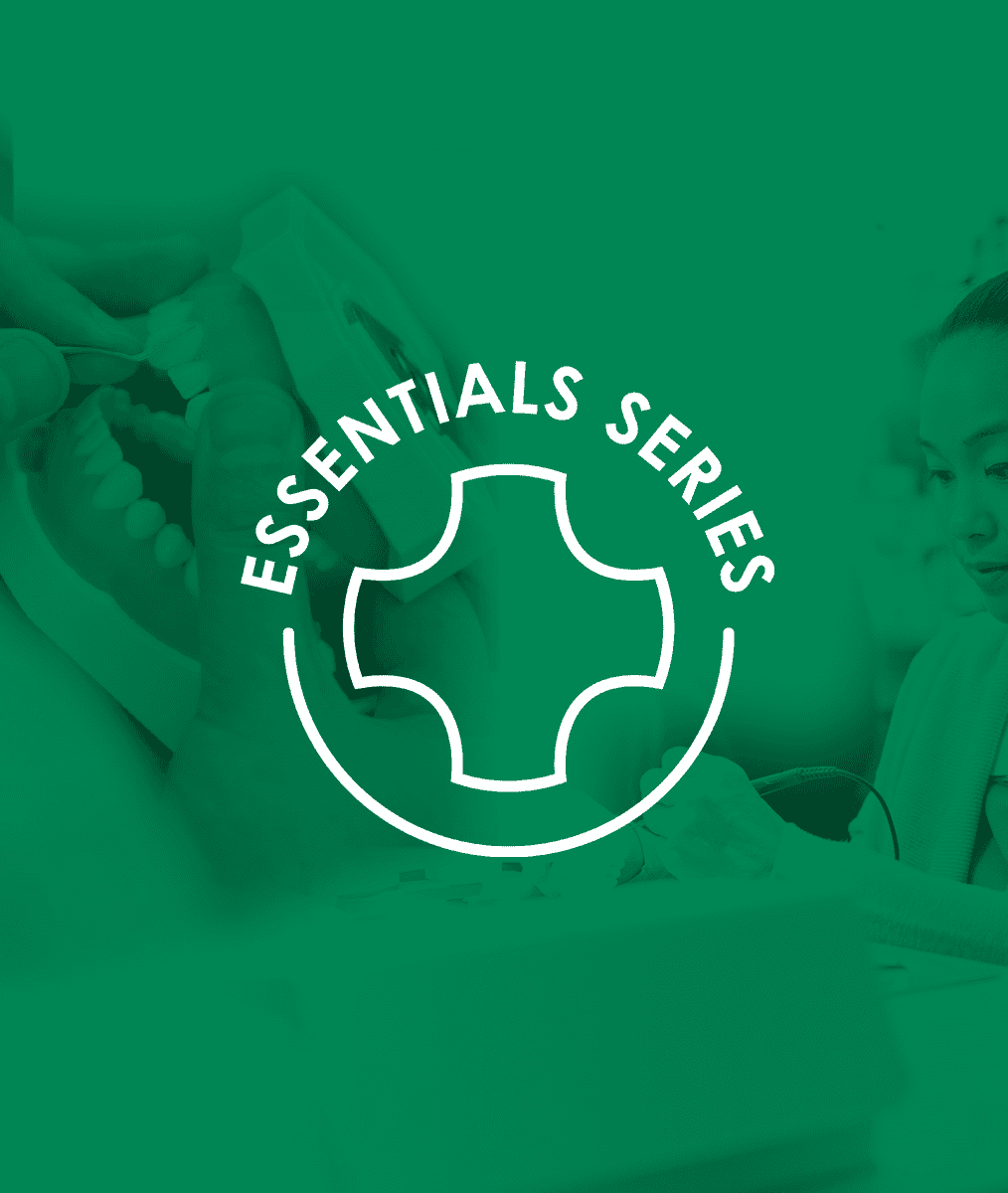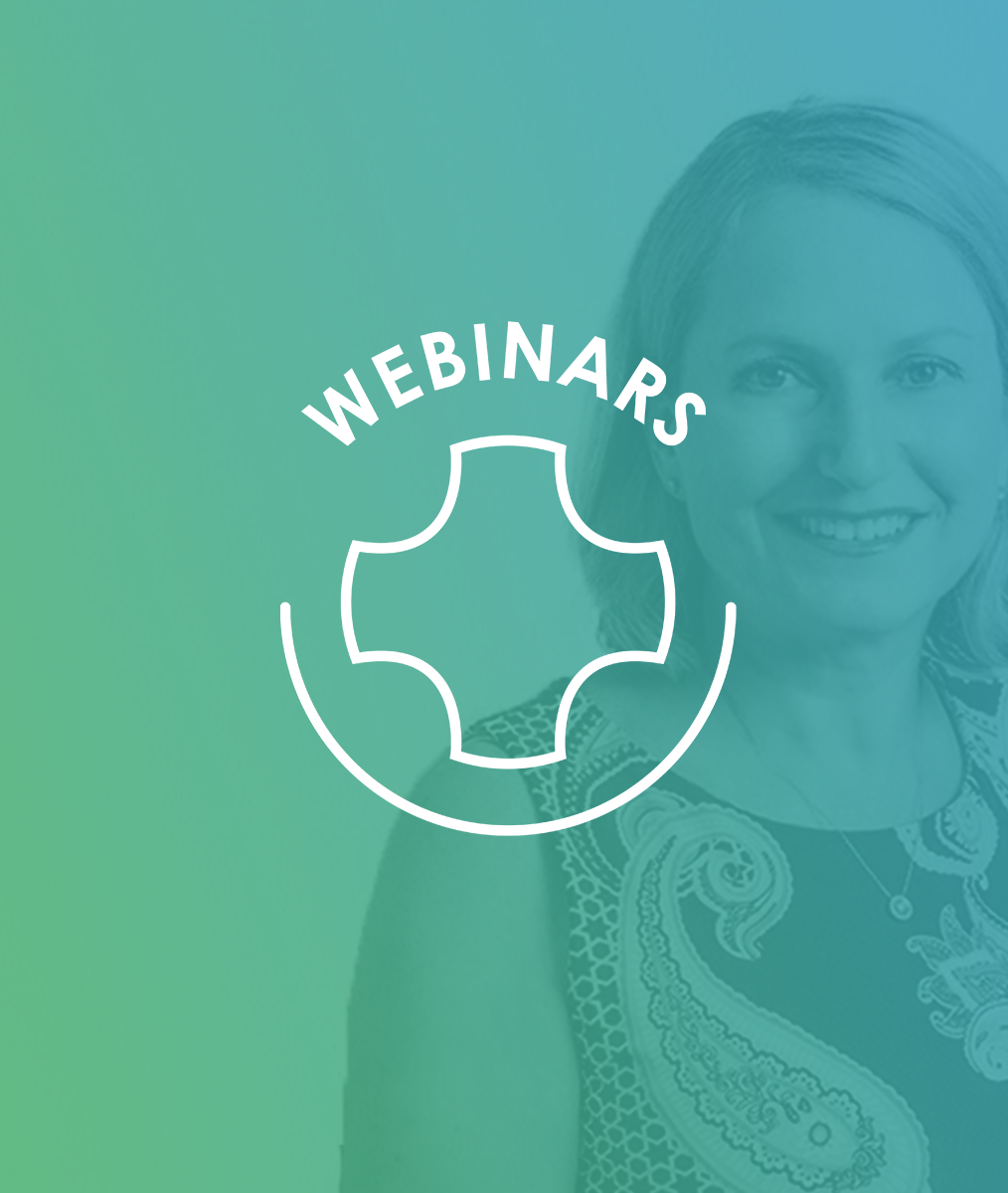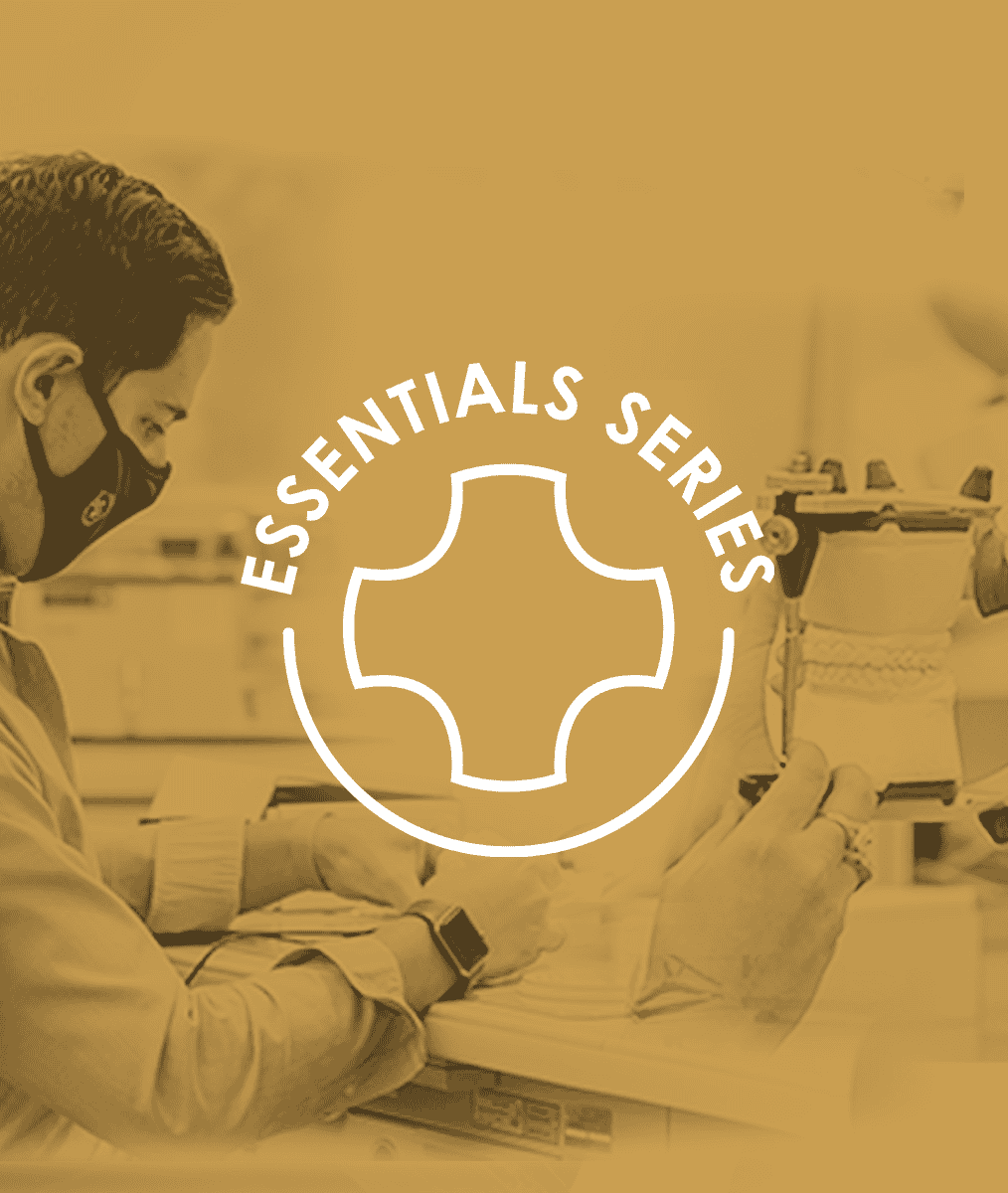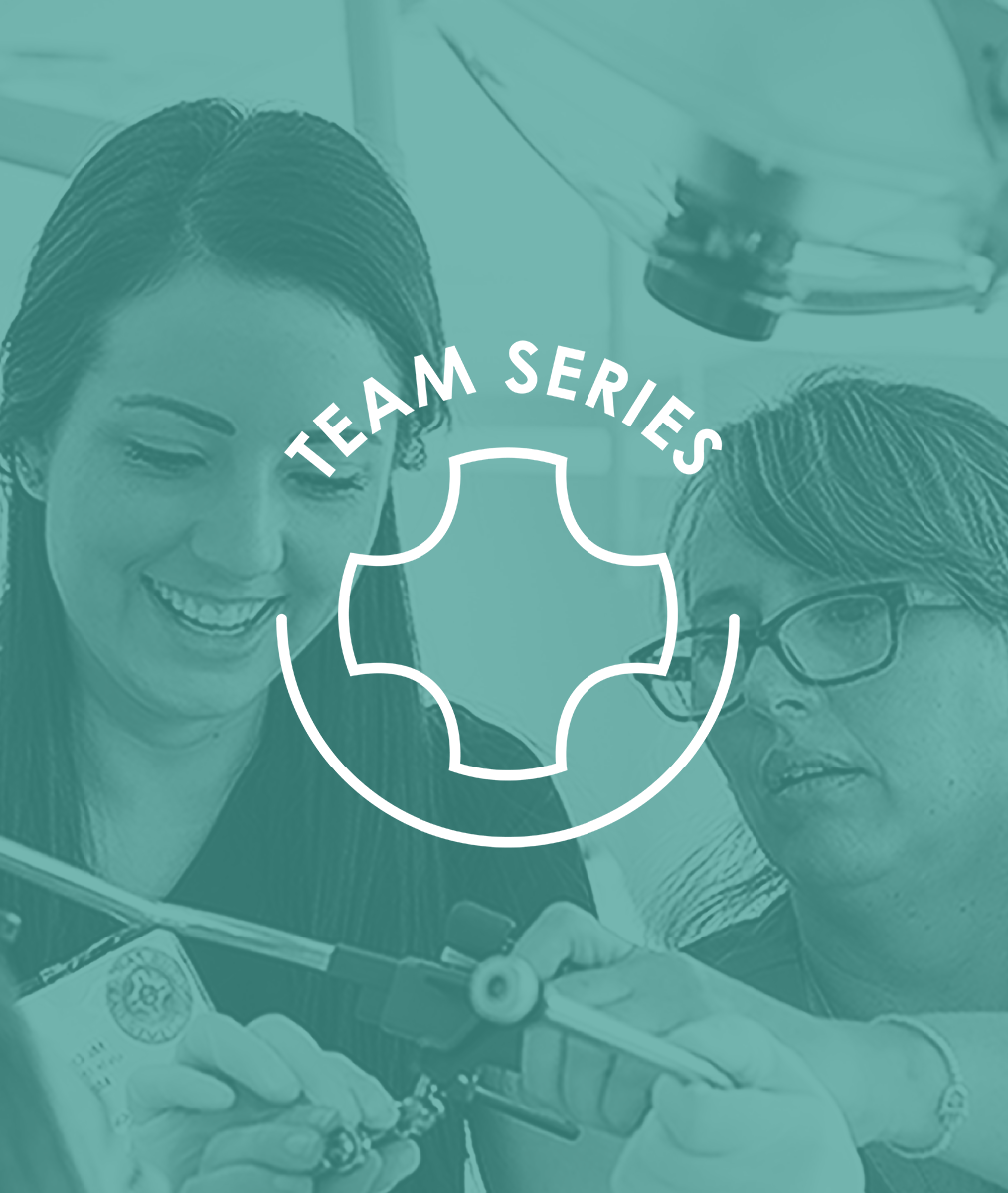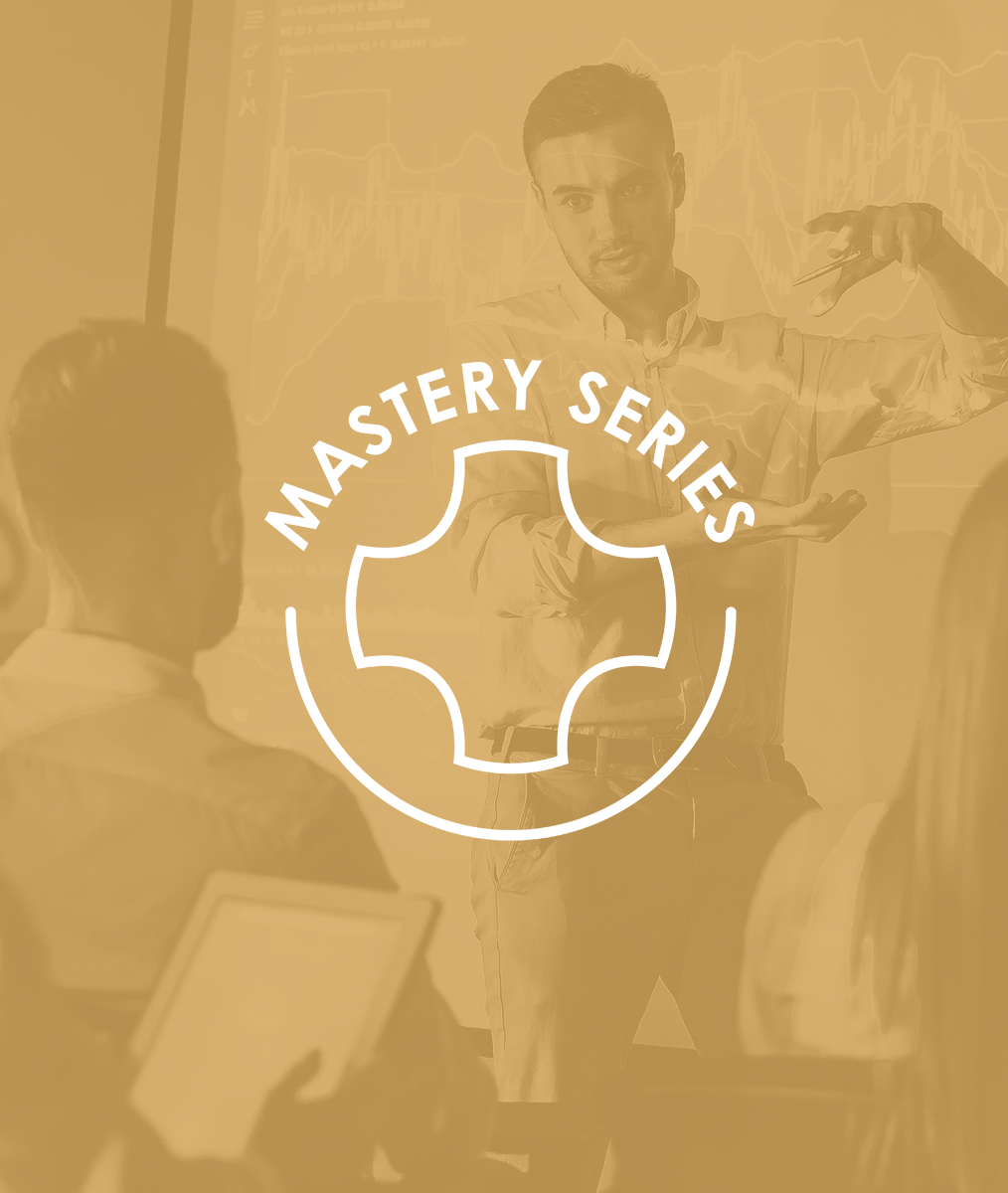The Economics of Great Communication — Part 2
The steps I’m outlining here are not a list of transactional procedures. Rather, they are transformational life-changing concepts. My hope is that you will be as courageous and as excited to learn about how to be a better communicator as you are to learn about implants or smile design. If and when you do take the plunge, get ready to work hard and at the same time experience a more joyful and fulfilled life. Everyone in your life will benefit, and your practice will flourish. As I wrote in Part 1 of this blog, as a result of improved communication in my practice, an interesting thing happened regarding the practice income. Instead of “me chasing it, it chased me.”
Take a look at yourself with DISC Personality Assessment.
The first step to developing your communication skills is to take an up-front look at yourself. This can be a difficult step as you dive into investigating who you are and why you do the things that you do. One of the most beneficial things I did to help myself in this area was to take the DISC Personality Assessment. This detailed report helped me better understand myself, my personality style, and my motivation. Not only did it provide me with new information about myself, it gave me hope that yes, in fact, I could learn how to relate more effectively with others.
Gain insight into the personality styles of your team members.
Once I understood my personality style, I was then able to better connect with my team. I had each member of the team take the assessment to help them discover for themselves who they were and how they communicated with each other. This exercise proved to be an eye-opener for all of us.
This new personal insight was like an eyeglass prescription change. Instead of seeing each other’s faults, we were now able to more clearly see each other’s strengths and work together more harmoniously. Honesty, authenticity, and accountability became part of our daily lives. When conflict arose among us, instead of “burying it,” we resolved it.
As a team, we were able to see each other’s “uniqueness” rather than our “strangeness.” At this point, dentistry became more fun and productive; the practice income or “numbers” rose dramatically. Keep in mind that all this growth occurred before tackling the “transactional” details like appointment scheduling or collections.
Get to know and “connect” with your patients at a deeper level.
Next, we set out to better understand our patients: their needs, their wants, their fears, and their desires. We embraced the thoughts of Theodore Roosevelt who said, “People don’t care how much you know until they know how much you care.”
A few things we did to better connect with our patients included: being aware of our posture, our tone of voice, and the words we shared. We had training and developed our listening skills, asking more questions and talking less. Other changes we made included doing a thorough new patient exam and always keep the conversations focused on the patient. As Dale Carnegie would say, we became “interested” instead of being “interesting.”
Collectively, we agreed that we would not talk about ourselves unless the patient asked us. Additionally, we embraced the use of positive language. The phrase “no problem” was banned from the office.
Continually develop your “co-discovery” skills.
As a team, we committed ourselves to continuing education, seeking excellence in both our technical and communication skills. Our desire was to better understand the individual needs of each of our patients with the goal of helping them achieve optimal dental health.
We valued “helping our patients see what we were seeing.” We embraced the idea of “co-discovery” by asking thoughtful questions and involving them more in their dental examinations and treatment discussions. For example, we used the phrase “gum health measurements” instead of gum disease or gum pocket probing.”
We took intentional steps to make sure that our patients felt well cared for and well informed. We worked within our shared values that included timeliness, cleanliness, politeness, and technical excellence. “Inform before perform” and “quality is not a variable” became an important part of our practice culture. And when situations didn’t go as well as we had planned, we talked about it using AARs or “After Action Reviews,” a system developed by the U.S. Army.
Fine-tune systems after learning how best to work together.
Once we figured out who we were as individuals and how we could best work together as a team to serve our patients, we then started to delve into and fine-tune our systems. A sampling of some of the areas we developed included–patient greeting and check-out, telephone skills, collections, scheduling, morning huddles, staff meetings, job descriptions, and a personnel policy manual, to name a few. As we became better communicators, our office became a fun and more productive workplace. And as a side benefit, at the end of our work day, we had energy left to share with our families.
Let everyone know how much you care.
I’m asking you to be contrarian in your thinking. Instead of looking solely at the transactions of your practice, focus first on how you communicate with yourself and with others. And when you do, your life will never be the same. When you become a great communicator, everyone wins–you, your staff, your patients, your family, and your friends. And remember the quote from Theodore Roosevelt, “People don’t care how much you know until they know how much you care.”
Related Course
E3: Restorative Integration of Form & Function
DATE: July 25 2025 @ 8:00 am - July 29 2025 @ 2:30 pmLocation: The Pankey Institute
CE HOURS: 41
Dentist Tuition: $ 7400
Single Occupancy with Ensuite Private Bath (per night): $ 345
Understanding that “form follows function” is critical for knowing how to blend what looks good with what predictably functions well. E3 is the phase of your Essentials journey in which…
Learn More>






